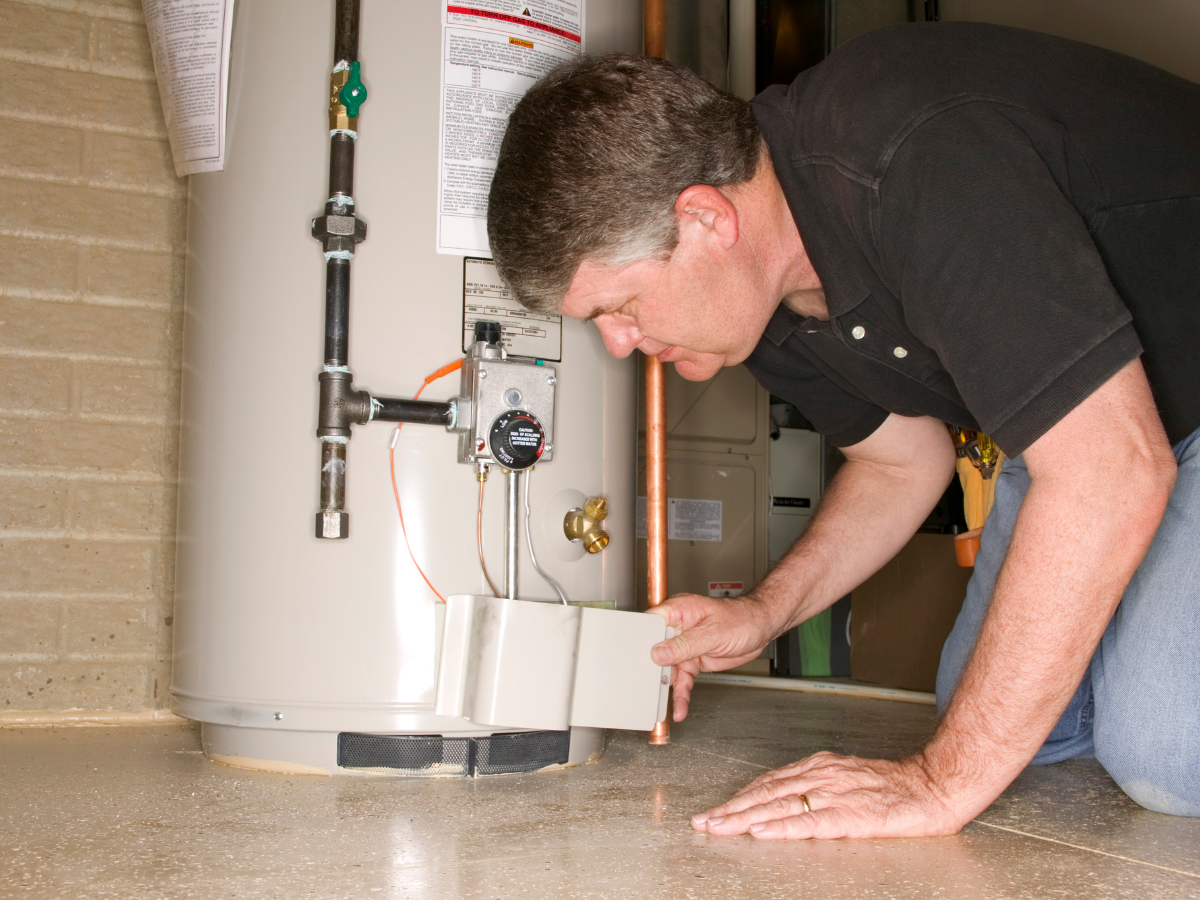According to the Department of Energy, water heaters account for around 18% of your utility bills. Thus, although it can be quite tempting to take a hot shower on a cold day, it is important to remember that hot water is your home’s second largest energy expense.
Many people take hot water for granted, even if this is an integral part of everyday life. It’s what we use for washing the dishes, doing the laundry, or taking a relaxing hot shower and then lying in the bathtub. Its importance can’t be taken for granted, even if it means higher bill charges.
Water Heater Maintenance Tips for a Lower Bill
Here are some maintenance tips from A Better Plumber that should help you save money before your next bill comes in and takes you by surprise:
1. Adjust Your Thermostat
Many manufacturers recommend that water heater thermostats be set at 140°F. However, the average household wouldn’t need to heat more water even when your thermostat’s setting is only at 120 to 125°F. A drop in the temperature will not only reduce your costs, but it will also slow down corrosion and mineral buildup in your water heater.
2. Repair Leaky Faucets
Leaky faucets are commonly integrated into many water heater repair jobs. According to the U.S. Environmental Protection Agency, 10% of homes have water heaters that leak more than 90 gallons daily. You can avoid this problem by having a professional plumber check and repair your outdoor faucets.
3. Install a Timer
Traditional water heater tanks run continuously, which can consume a large amount of electricity. Installing a timer will allow you to turn your heater off at night so that you don’t use electricity unnecessarily. This will save energy and prolong the life of your heater.
4. Install Heat Traps
Many modern heaters have built-in heat traps that allow cold water to flow into the tank while preventing hot water from escaping. If you have an old heater that’s still in good shape even after more than ten years, it’s possible to have a heat trap installed inside of it.
5. Insulate the Tank
Insulating your storage tank reduces heat loss and prevents the unit from being turned on frequently. When doing the insulation, always follow manufacturer guidelines, such as not covering the burner or thermostat of your water heater and not keeping it around the furniture
6. Insulate the Pipes
Insulation should not be limited to your water heater tank. The cold or hot water pipes connected to it also need to be insulated, preventing you from getting burned unnecessarily and allowing your unit to save heat more effectively.
7. Drain the Tank
To remove heat transfer obstructions and increase the efficiency of your water heater, it is a good idea to drain the tank every year. Although tank draining is relatively simple, you should follow the manufacturer’s instructions to avoid unwanted damage.
8. Consider Gas-on-Demand
When it’s time to replace an existing water heater, you might want to reconsider the idea of purchasing tankless or demand-type models. These can be efficient water heater types, but if you’re worried about monthly expenses, a gas on-demand system will prove to be cost-effective even when heating water for an entire home.
Additionally, gas systems heat water more quickly through combustion than electrical systems that use heating elements. The latter also tends to work slower, consequently consuming too much energy.
9. Avoid Hot Water Circulating Pumps
Perhaps you have turned on the faucet or shower and waited for it to warm up, but this only results in wasted water. Hot water circulating pumps might be good solutions to ensure that hot water flows continuously through your pipes.
The problem with these pumps is that while they can help you save water, they will lead to increased electric bill charges. The pump can also heat up your walls and floors, causing your air conditioner to work harder, which can further jack up your electricity bill.
10. Replace Your Water Heater
If you are looking to replace your water heater, there are many options, but a tankless water heating system is often a good choice. The typical unit can last more than 20 years and save you a lot of dollars.
Key Takeaway
Water heaters are essential appliances in the home, but they are also one of the causes of high electricity bills. You can take several steps to lower the charges even as you continue using your water heater.
Many of these steps involve proper maintenance of your unit, like fixing all leaks, draining the tank, and insulating the pipes. Others have to be enhanced for better performance, including the installation of timer and heat traps and regular maintenance of the heater. The latter should be done by a plumber from a trusted company to ensure your water heater will last longer and work better for you.

